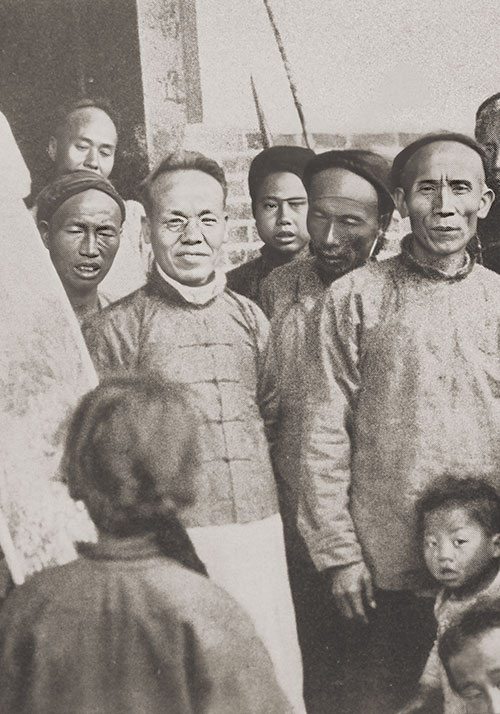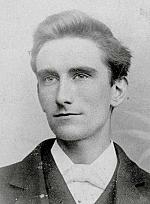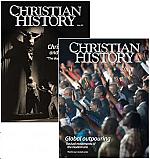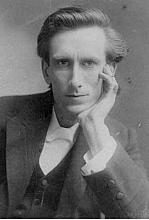Questions for reflection: Global outpouring

[John Sung’s Father, early 20th Century. In Leslie T. Lyall, A Biography of John Sung, Overseas Missionary Fellowship, 1954—Public domain, Wheaton College Special Collections]
Use these questions to guide discussion on modern revival movements.
1. In the many revivals and awakenings covered in this issue, what are the various manifestations of the Spirit? In other words, when the Spirit revives a church or community, what happens?
2. If you have read CH #149 (revivals in the first thousand years of the church) and #151 (revivals through the First and Second Great Awakenings), consider this: What differences do you see in how people responded to the Spirit in those two eras and in the last century or so? How did Francis of Assisi differ from George Whitefield or Evan Roberts or Aimee Semple McPherson? How were they similar?
3. On page 8, Michael McClymond asks, “Does the vitality of a religious revival come directly from God, apart from human efforts, or is revival fervor channeled through the human efforts of preachers or seekers?” How would you answer?
4. In what ways is prayer important in revival? Does it truly pave the way for the Spirit’s activities? How?
5. We often think of revivals erupting in praise and worship. But, based on the Moravian experience (pp. 10–12) and the creation of mission societies in the early 1800s (pp. 14–16), should we expand our idea of revival to include evangelism, missions, and people-helping ministries? Why or why not?
6. The Businessmen’s Revival (p. 17) started with an innovative idea: a non-Sunday, nonpreaching prayer gathering for people who worked in the area but didn’t live there. What innovative ways could your local church use to reach a new group of people?
7. Some revivals in this era have fallen into personality worship, or come close to it. Is this an inevitable danger? How can Christians guard against it? How can leaders prevent it?
8. Keeping the danger of personality worship in mind, were there any personalities in this issue that you found especially interesting? Why?
9. In various times and places, revivals have sparked a seemingly uncontrollable “holy laughter” (p. 37; pp. 48–51). How do you feel about this? Is it an appropriate way to respond to the Spirit’s activity? Why or why not?
10. Revival often breaks out in times of national crisis. How does economic or political uncertainty prepare people for a new interaction with God?
11. In Africa, Argentina, Korea, and China, spiritual awakenings helped churches develop indigenous leadership, not just relying on Western missionaries to set their course. How does revival spark independence from old systems?
12. To a remarkable degree, the Azusa Street Revival (pp. 18–22) demonstrated racial equality. How much did that help or hurt the movement? How important might it be for churches today to commit to racial equality?
13. Did you learn anything new while reading about the different streams of Pentecostalism (pp. 48–51)? How did that enhance your understanding of these movements?
14. George Otis Jr. talked about how the spiritual awakening on Fiji extended to the environment—God “healed the land” in various ways (pp. 53–57). What do you think about this? Why would God do this? How would it affect the people in that area?
15. In most, if not all, of the movements described in this issue, there was conflict. People objected. Churches split. Both sides assumed they were speaking on God’s behalf. What do you think the Spirit of God would tell us today about dealing with other Christians we disagree with? CH
By the editors
[Christian History originally published this article in Christian History Issue #153 in 2024]
Next articles
Did You Know: My Utmost for His Highest
Oswald, Biddy, and Kathleen Chambers
Michelle Ule and the editorsEditor's note: My Utmost for His Highest
Whatever generation you belong to, it’s likely that someone gave you a copy of My Utmost for His Highest
Kaylena Radcliff







